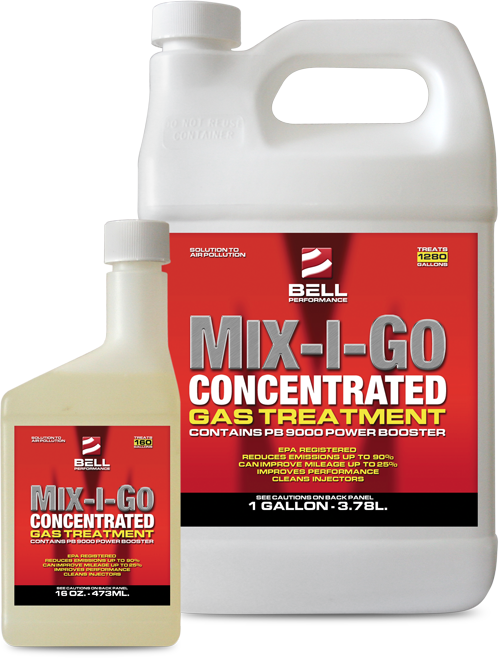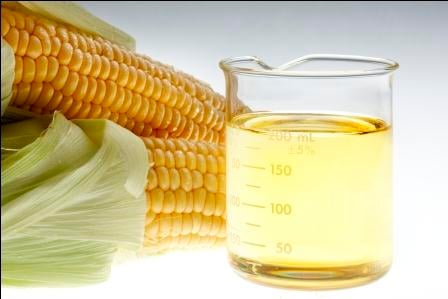Gas Station Owner Uses Mix-i-Go Instead of Looking for Ethanol Free Gas
An article recently appeared in The Chronicle in Lovell, WY. Jim Minchow, owner of Minchow's Service talks about gas prices but his comments about...

With ethanol being an accepted part of our nation’s gasoline supply, consumer questions have largely migrated from ones centered on “how do I get ethanol out of my gas” or “what’s ethanol doing to my gas mileage” to “do I need an ethanol fuel treatment”?
 This question assumes that there are some situations or scenarios where you might not need to use an ethanol fuel treatment. So our job is to identify what those may be.
This question assumes that there are some situations or scenarios where you might not need to use an ethanol fuel treatment. So our job is to identify what those may be.
This is the most likely reason you would be asking the question. Do I need an ethanol treatment for my car or truck? Well, the answer is yes, but not for the reason you might think.
The original fear was that ethanol would damage fuel system parts in cars and trucks because of its gradual attack on rubber and polymer parts. But this is proven not to be the case in modern vehicles. Most vehicles made after, say, 1980, have fuel system components that are resistant to this effect. So they do just fine running on E10 and E15 gas (E85 if they’re flex fuel vehicles).
But most ethanol fuel treatments are multifunctional products that also provide detergency for injectors and combustion chambers. And this is where they may be useful to you. It’s always a good idea to use a fuel additive with added detergency, especially considering that injector deposits are the single biggest cause of fuel mileage deficits out there.
Just as cars made after 1980 have fuel system parts that are ethanol resistance, the ones made before 1980 typically were not. If you have to run standard E10 or E15 in your classic car, it is a good idea to treat that fuel with an ethanol treatment to help protect the fuel system from ethanol damage. So in this case, yes, you do need an ethanol treatment if you have a classic car.
For some reason, small engine manufacturers have not caught up with automakers when it comes to making their engines’ fuel systems with components that resist ethanol damage. Repair shops are still seeing floods of lawn movers and weed whackers and chain saws and other small equipment with damage caused by the ethanol fuel they run on. Ethanol attacks the fuel lines and eats through them over time, and causes corrosive damage in small engine carburetors. So it is a good idea to use an ethanol fuel treatment if you have small equipment.
Gas generators are in the same boat as cars in that they don’t tend to be affected by ethanol damage to their fuel systems. But they also differ from cars in that generators tend to have fuel in them that sits for longer periods of time. So you worry less about what the fuel is doing to the fuel system and more about whether the fuel’s combustion quality is going to be retained for the long periods of time it’s sitting in the generator.
A good ethanol fuel treatment will help gas generators by improving the ethanol fuel’s ability to resist phase separation, the number one cause of ethanol fuel decomposition in storage. And a good ethanol fuel treatment will also benefit gas generators by keeping the engine clean and helping them run at performance when an emergency happens.

An article recently appeared in The Chronicle in Lovell, WY. Jim Minchow, owner of Minchow's Service talks about gas prices but his comments about...

The history of ethanol's use as fuel in the United States predates any waivers and mandates that may have come around in the last 30 years. Ethanol...

For the second year in a row, the NASCAR drivers at the Daytona 500 will be running on "american ethanol" - ethanol-blended fuels made from corn...